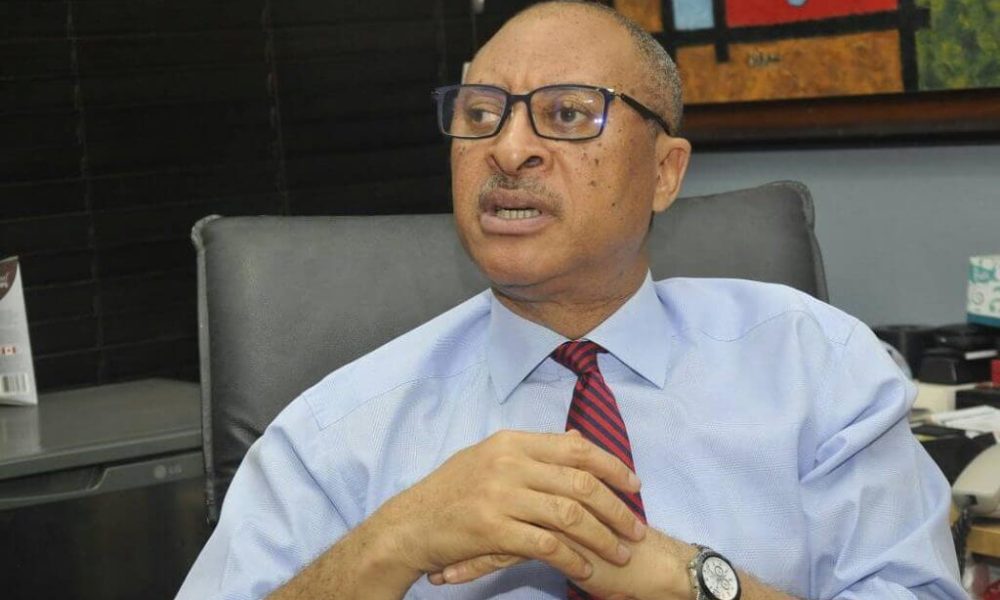FG to track compliance with 'Nigeria First' policy

Minister of Industry, Trade, and Investment, Jumoke Oduwole. Photo: X @joduwole
The Federal Government has said it will begin assessing the performance of all Ministries, Departments and Agencies based on their compliance with the Nigeria First Policy, which prioritises patronage of locally made goods and services.
The Minister of Industry, Trade and Investment, Jumoke Oduwole, disclosed this during an interview on Channels Television on Thursday, noting that the policy would now serve as a key performance metric under the Central Coordinating Delivery Unit of the Presidency.
According to her, the policy is not new but a re-emphasis by President Bola Tinubu on the need to promote local content and industrialisation by putting Nigeria first in all government dealings, particularly procurement.
The policy, which was endorsed by the Federal Executive Council during its meeting on May 5, prioritises Nigerian manufacturers, service providers, and contractors in all procurement activities.
It also mandates justification and Bureau of Public Procurement waivers before any foreign goods or services can be sourced.
“The ‘Nigeria First’ policy is not entirely new, but a remix. It is Mr. President prioritising and reminding the country to put Nigeria first,” Oduwole said.
She explained that despite existing frameworks such as the Executive Order on local content, now codified into the Business Facilitation Act, some MDAs still neglect to give preference to Nigerian-made goods and services.
She stated, “So you recall there was an executive bill on local content, and sometimes, Nigerians and Ministries, Departments and Agencies tend to forget that we should buy Nigerian first. Everybody knows what trade rules are and preferences. You are not meant to discriminate, but mentally understand that you need to patronise what Nigerian industry and businesses are producing.
“We need to produce what we consume and consume what we produce. So with the way global trade has positioned itself, Mr. President is reminding all of us, including the Ministry of Industry, Trade, and Investment, that champions made-in-Nigeria goods and industrialisation. As you correctly said, we want investment, whether it’s domestic or foreign investment, which leads to productivity and to investing in economic activity. That leads to trading, and preferably export, to generate more income and investment. So that’s the cycle.
“We are measuring the compliance level of ministries with this policy. The implementation of the Nigeria First Policy now forms part of our performance matrix under the Central Coordinating Delivery Unit deliverables for Mr. President. That process is ongoing, and it will be tracked.”
Oduwole noted that as one of the biggest spenders in the economy, the government must lead by example in boosting domestic production and reducing reliance on imports.
She outlined three core areas where the policy would apply: prioritising local procurement, ensuring Nigerian options are exhausted before considering foreign alternatives, and streamlining regulatory and bureaucratic procedures to support local businesses.
The minister added that performance tracking would be done quarterly by the Central Coordinating Delivery Unit, and MDAs would be held accountable for their level of compliance.
She stressed that her ministry’s performance had improved in line with the President’s directive and that the broader objective was to encourage both domestic and foreign investment to drive productivity, trade, and export growth.
The trade minister stated, “So the government is like a really big spender in Nigeria. So, Mr. President has said that the procurement process must be streamlined and simpler for Nigerian businesses to be able to have patronage from the government. That’s the first thing.
“The second thing is to be conscious when we’re making our procurement and buying things to make sure that we have exhausted all possible local options, maybe Nigerian options, before buying other options. That’s the second thing. And the third thing is now the regulatory and bureaucratic landscape, just to make sure our businesses thrive.
“The procurement process must be streamlined and simpler for Nigerian businesses to access government patronage. The Central Coordinating Delivery Unit will actually measure us quarter on quarter. We need to produce what we consume and consume what we produce,” she said.








